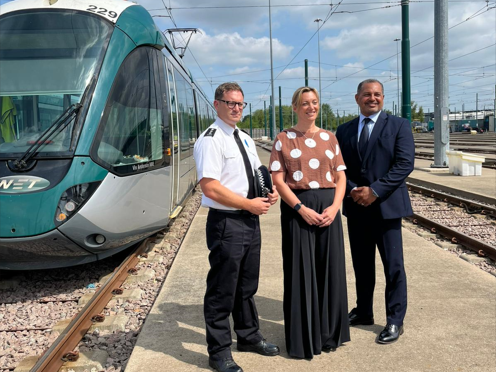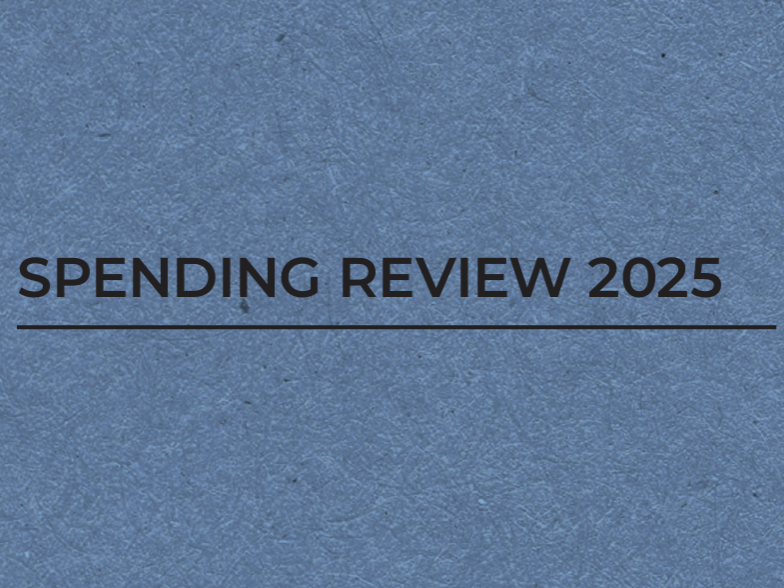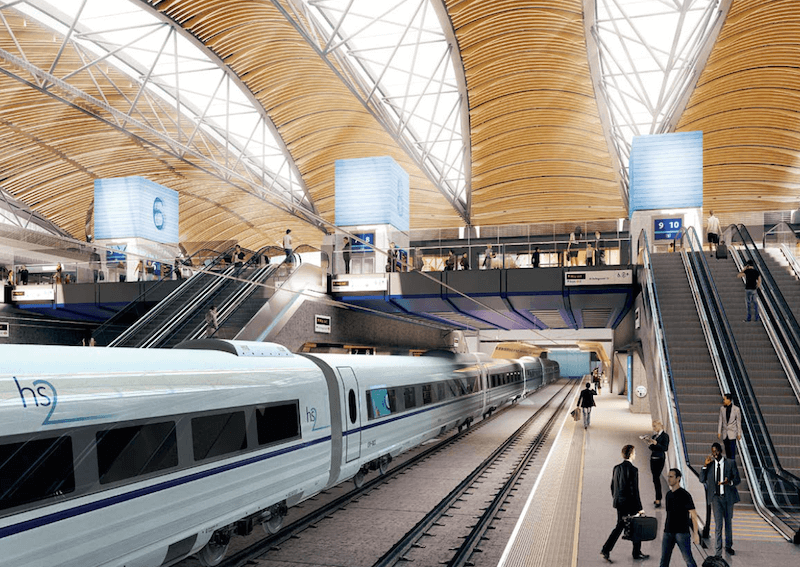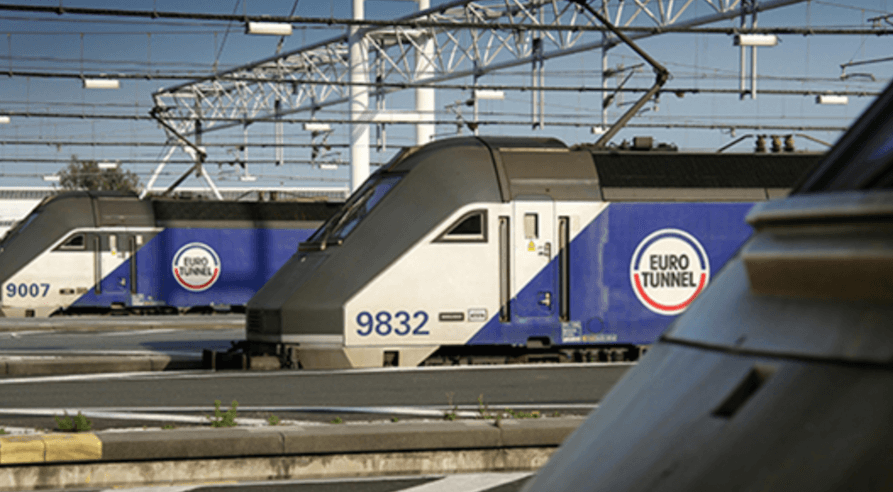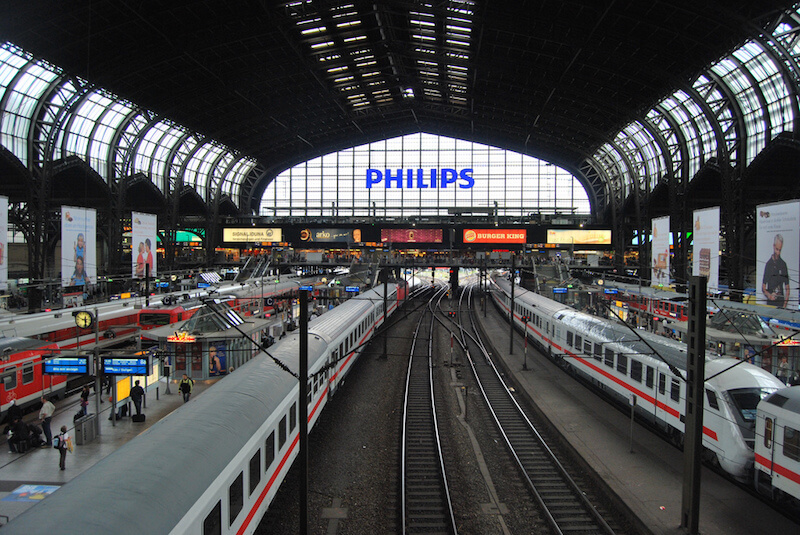By Benjamin Fox, EURACTIV
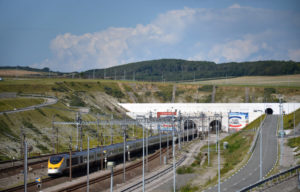
Senior UK and European rail representatives said preparations were underway for a transition period after the UK’s planned departure from the EU in March 2019, at an event in Brussels hosted by the EURACTIV news agency on 20 February 2018.
The purpose of the event – ‘What will Brexit mean for Europe’s railways?’ – which gathered around 50 stakeholders from European passenger and freight rail organisations and the diplomatic community, was to discuss the implications of Brexit on the European rail industry rather than a debate on Brexit.
The European Commission did not send a speaker on the grounds that the Article 50 negotiations are on-going and delicately poised.
Laura Wright, Head of International Policy at the London-headquartered Rail Delivery Group, said:
“Brexit is happening – it’s the cards we have been dealt. Getting it right for the rail industry will be a barometer for whether Britain and Europe can prosper together in the decades ahead”
Karima Delli MEP, Chair of the European Parliament’s Transport Committee, said:
“Everyone in the rail sector is worried”
“For sure, Brexit will have an impact on the sector because the EU and UK are connected by a railway, the Channel Tunnel, whose rules of circulation may be affected. Can the Tunnel still be competitive in case of new customs fees and additional administrative burden?”
Delli said that the UK would have to respect EU rail-related legislation in order to retain access to its market. There was consensus among the speakers on the need for a transition period. Delli added:
“I believe we need this transition period – a minimum 20 months – after Brexit”
Darren Caplan, CEO of the UK’s Rail Industry Association (RIA), commented:
“What we are advising our members is we’re assuming a transition [period] and if we don’t get it, prepare for ‘no deal’”
Roberts Zile MEP, also a member of the Transport Committee, said that there was a need to resolve citizens’ rights and freedom of movement, since 40,000 rail industry workers in the UK were from the EU-27.
Caplan said that Brexit was still not among the key priorities of member organisations:
“We surveyed our members recently and issues such as funding were found to be more important – Brexit wasn’t up there in the top five or six issues. We have come to the [Brexit] party quite late, as a sector.”
“But concerns are: standards – will there be divergence or harmonised standards?; skills and labour: around 20 percent of the workforce are from the wider EU – what will happen with free movement? Will we need to get people from outside the EU to make up the workforce?; trade: will there be tariff barriers, WTO rules?; finally, there are opportunities with trade deals, lobbying for rail to be part of global opportunities.”
“We have two main asks. One is certainty [about the Brexit end-state]. Second, we want [just] one set of changes.”
Laura Wright raised the issue of outstanding EU rail legislation that needs to be transposed into UK law by Brexit day in March 2019:
“People don’t realise how much the EU affects our railways and our supply-chain. We have about 40 pieces of legislation that affect us directly and then there’s all the horizontal legislation around procurement and workers’ rights – there’s an awful lot to do on contingency planning”
“The Fourth Railway Package technical pillar straddles ‘Brexit Day’ so it’s not entirely clear how that will be dealt with”
The question of the UK’s future relationship with the EU’s Railways Agency was also raised by Wright:
“We are working towards the possibility of both being a member of the Agency and not being a member. RDG would prefer a member-state relationship with the agency”
Caplan commented that:
“there is no huge desire in the UK rail sector to deviate on standards.”
All speakers were concerned that the interests of the rail sector would be neglected by both EU and UK negotiators. Wright added:
“One of our concerns is that rail tends to be at the bottom of the transport list; and transport tends to be at the bottom of the list [of priorities] on Brexit. It’s a concern we haven’t got that volume [of discussion]”
However, Wright said that she did not foresee overseas companies ceasing to invest in the UK:
“There is no appetite to close our market down. Likewise, our operators are seeking contracts overseas. But this is all subject to negotiations at the highest level. We are sort of in the lap of the gods, a bit.”
“The Brexit negotiators must not forget rail. The industry has all bits of the Brexit jigsaw involved.”
A representative from the Irish Government pointed out the importance of resolving crossborder rail questions between her country and Northern Ireland, expressing concern that the focus on rail was predominantly focused on cross-Channel rail travel.

















